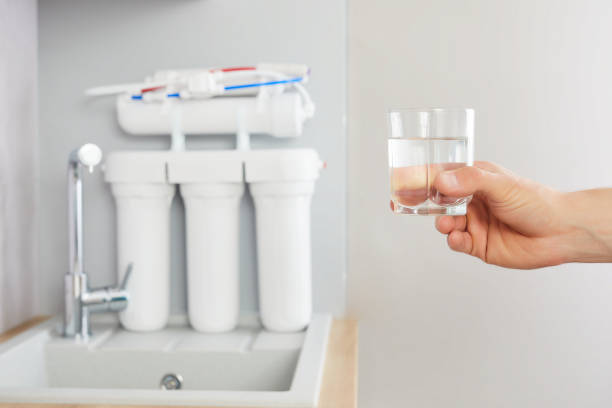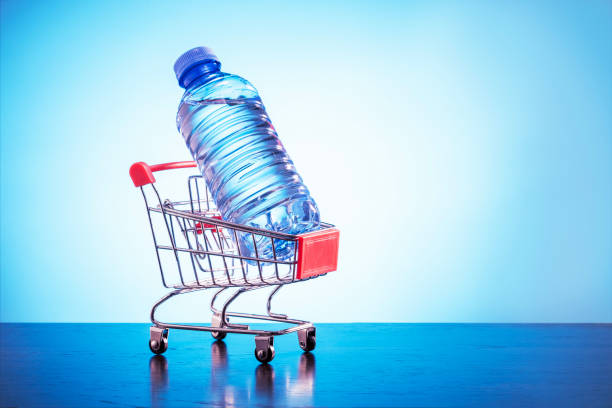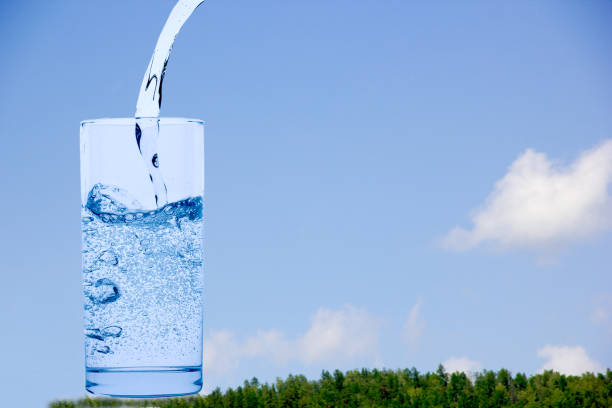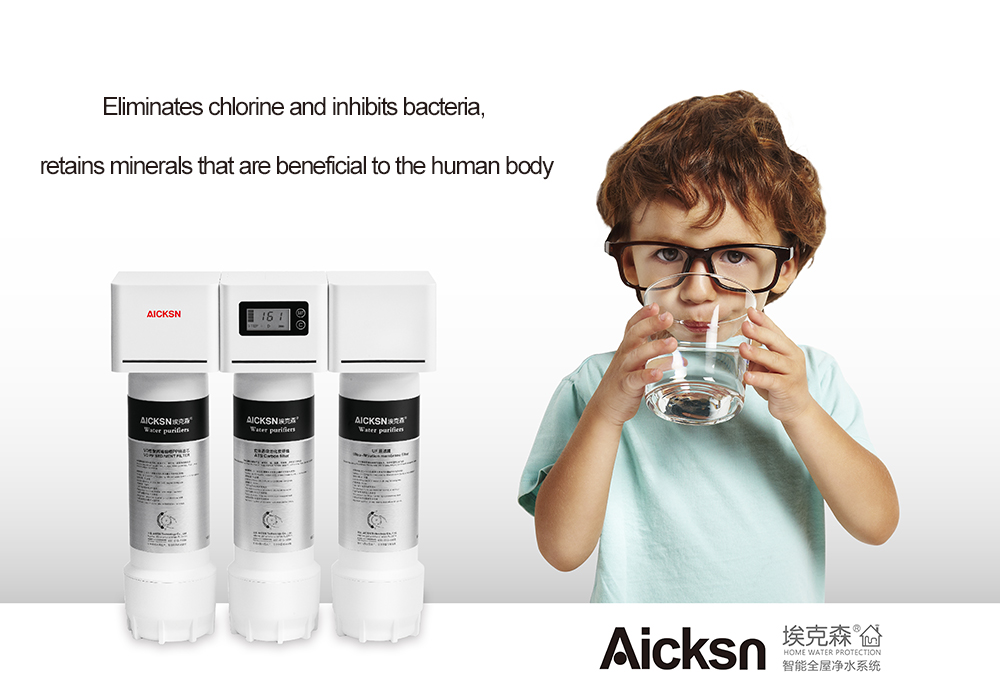 Why should you install a water purifier? This article will make you understand the importance of the existence of water filters!
Why should you install a water purifier? This article will make you understand the importance of the existence of water filters!
Sep .13.2024
The emergence of water purifiers, so that the way of drinking water redefined, the emergence of water purifiers is because the water quality continues to change and the emergence of a way of drinking water; from the ability to drink the river water well water to the tap water to the bucket of water, to the current exceptionally hot water purifier market, is the environment affects the way of drinking water change rather than artificial to speak of this market hype up; like cell phones, because people really need, so the market is Will be hot, if put into a few years ago, the cell phone market is also the need for everyone to introduce.
 Will water purifiers replace the bottled water?
Will water purifiers replace the bottled water?
Sep .13.2024
We all know that in developed countries, water treatment technology is very advanced, the street just twist open a faucet can be directly drinking water, very convenient. Comparison of China, in recent years, with the industrial development, groundwater pollution is more serious, the residents of the daily drinking water can only be bottled water or water purifier-based. In these two competing ways of drinking water, household water purifiers will further replace the bottled water market?
In this regard, Susan will analyze for you. In the current drinking water environment, is still dominated by bottled water, although the water purifier will to a certain extent impact the bottled water market, but want to completely beyond is very difficult to realize, this is because bottled water has a variety of water purifier does not have the advantage.
 How to choose a filtered water purifier: help you buy the best water purifier! Keep your water as pure as it can be!
How to choose a filtered water purifier: help you buy the best water purifier! Keep your water as pure as it can be!
Sep .12.2024
In the face of today's water quality problems are becoming more and more serious, a high-performance water purifier has become a modern family almost a must-have thing. But in the variety of the market, how to buy a water purifier that really suits you? The purpose of this article is to reveal for you to buy a water purifier of the whole picture, to help you pick the desired product, so that your water back to pure.
Second, the face of water purification:
Understanding the types of water purifiersThere are many types of water purifiers, each of which has its own unique application scenarios and characteristics.1. Ultra-filtration water purifiers: suitable for relatively good water quality in the region, the main filtration of impurities and odors.2. Reverse osmosis water purifiers: known as water purification sector “all-rounders” to remove heavy metals, bacteria, viruses, etc., to provide more pure drinking water.3. Nanofiltration water purifiers: called water purification sector “all-rounders” to remove heavy metals, bacteria, viruses, etc., to provide a more pure drinking water. Nanofiltration water purifier: between ultrafiltration and reverse osmosis, able to filter out most of the harmful substances. 4. activated carbon water purifier: mainly relying on activated carbon adsorption of odor, pigmentation, etc..

 Why should you install a water purifier? This article will make you understand the importance of the existence of water filters!
Why should you install a water purifier? This article will make you understand the importance of the existence of water filters!
 Will water purifiers replace the bottled water?
Will water purifiers replace the bottled water?
 How to choose a filtered water purifier: help you buy the best water purifier! Keep your water as pure as it can be!
How to choose a filtered water purifier: help you buy the best water purifier! Keep your water as pure as it can be!
 Analysis and solutions to the causes of reverse osmosis membrane fouling
Analysis and solutions to the causes of reverse osmosis membrane fouling